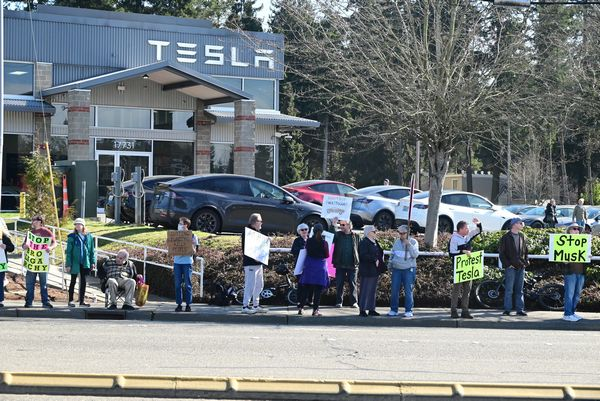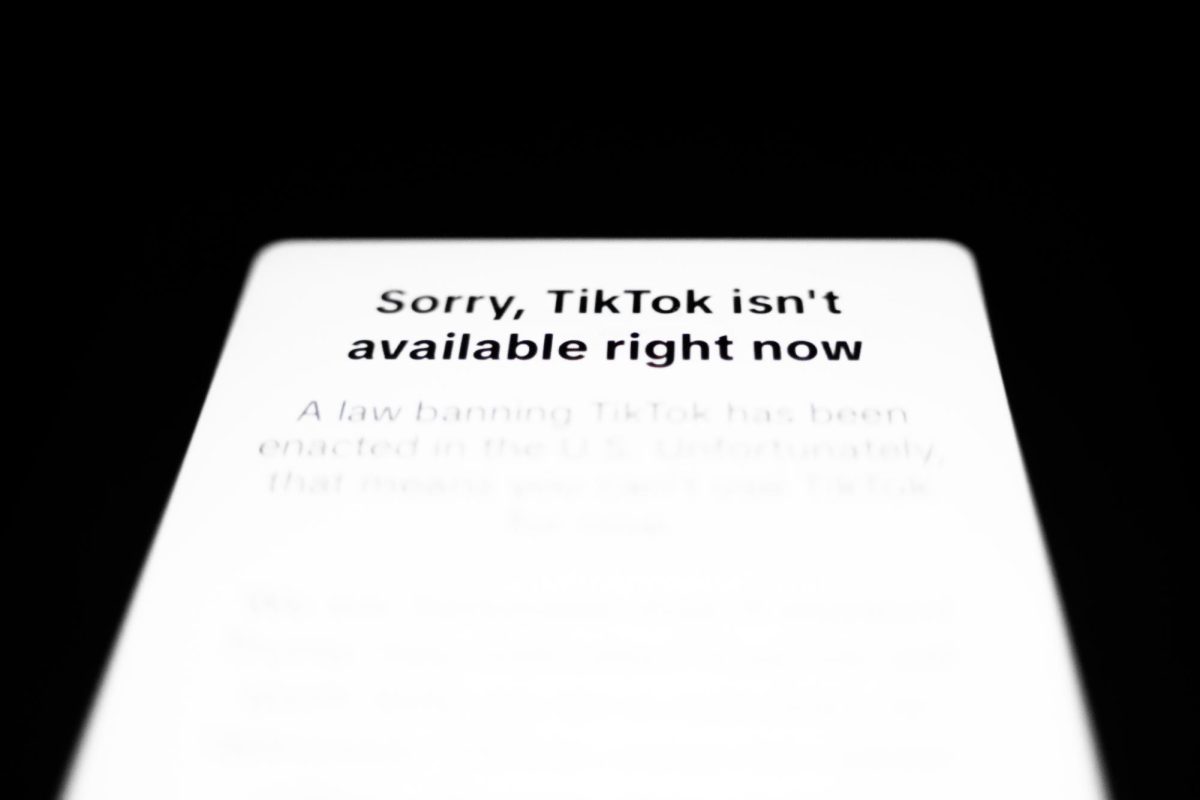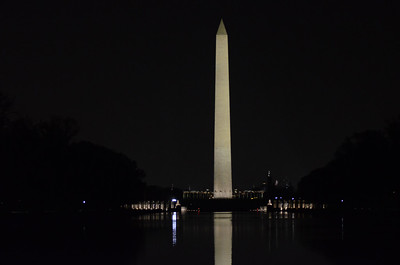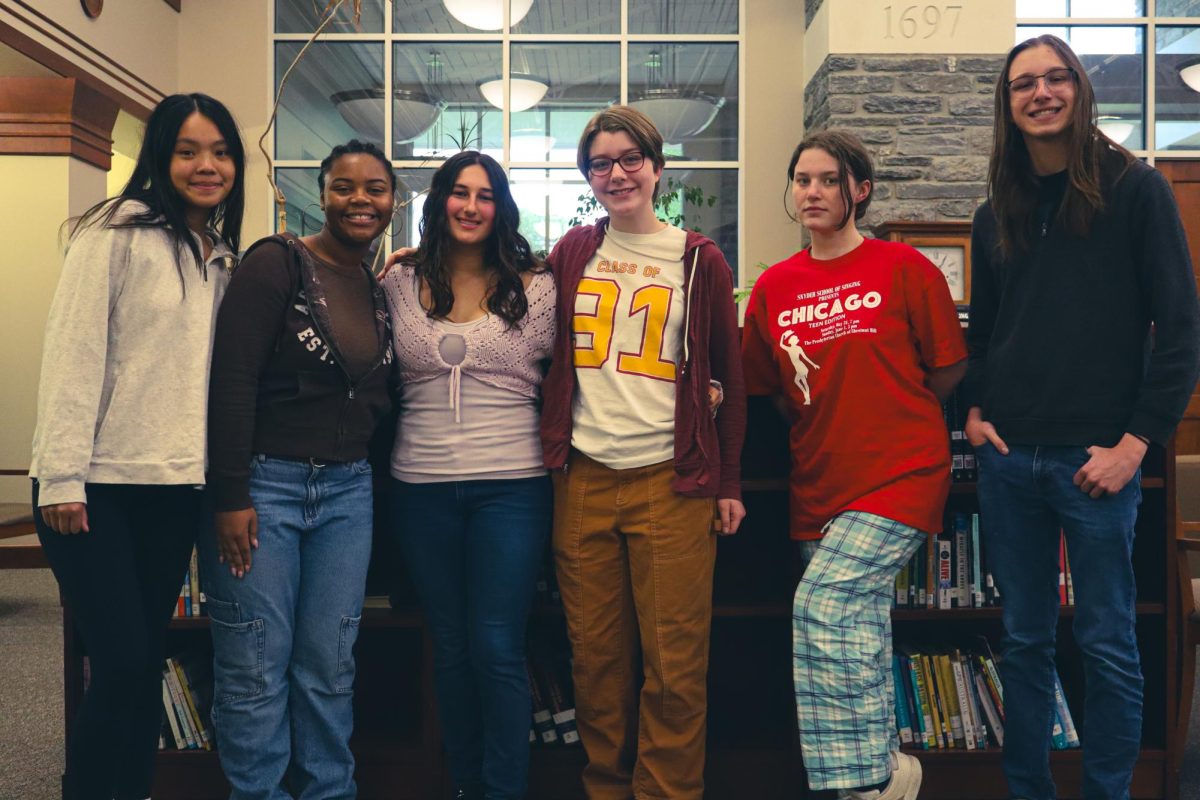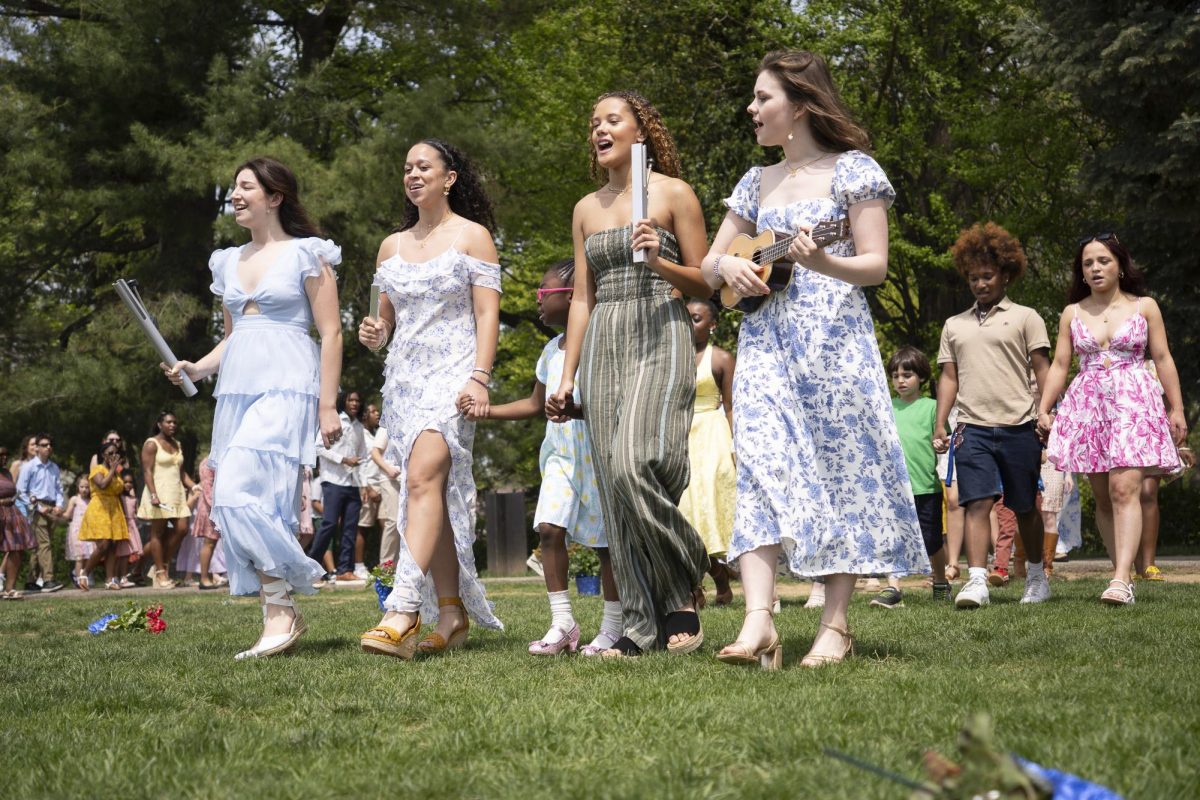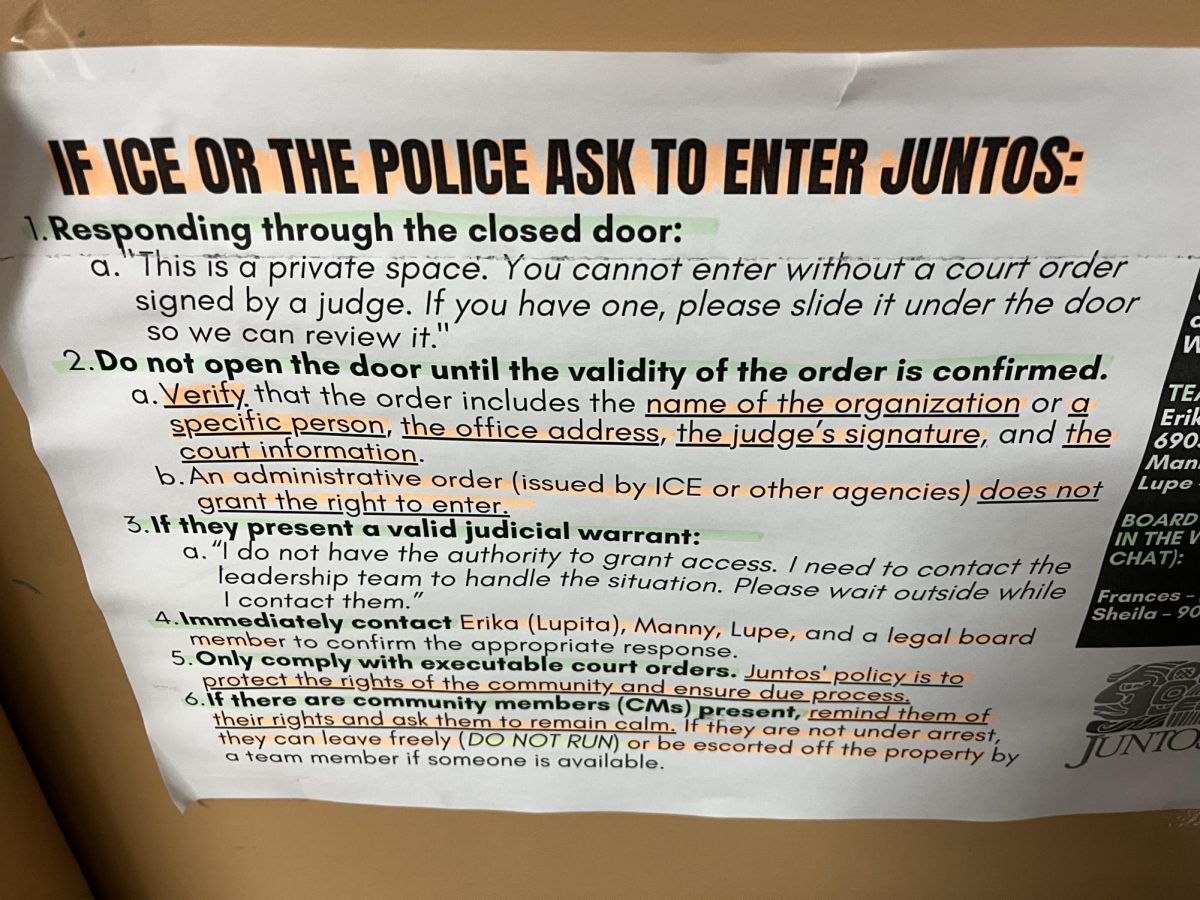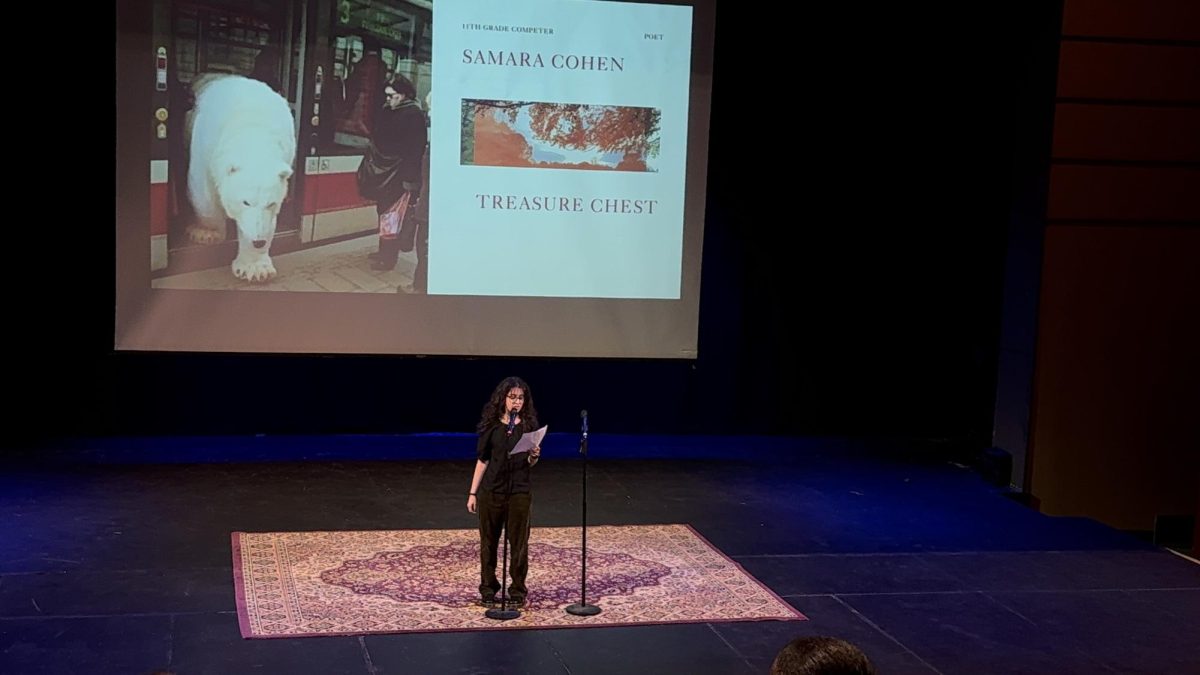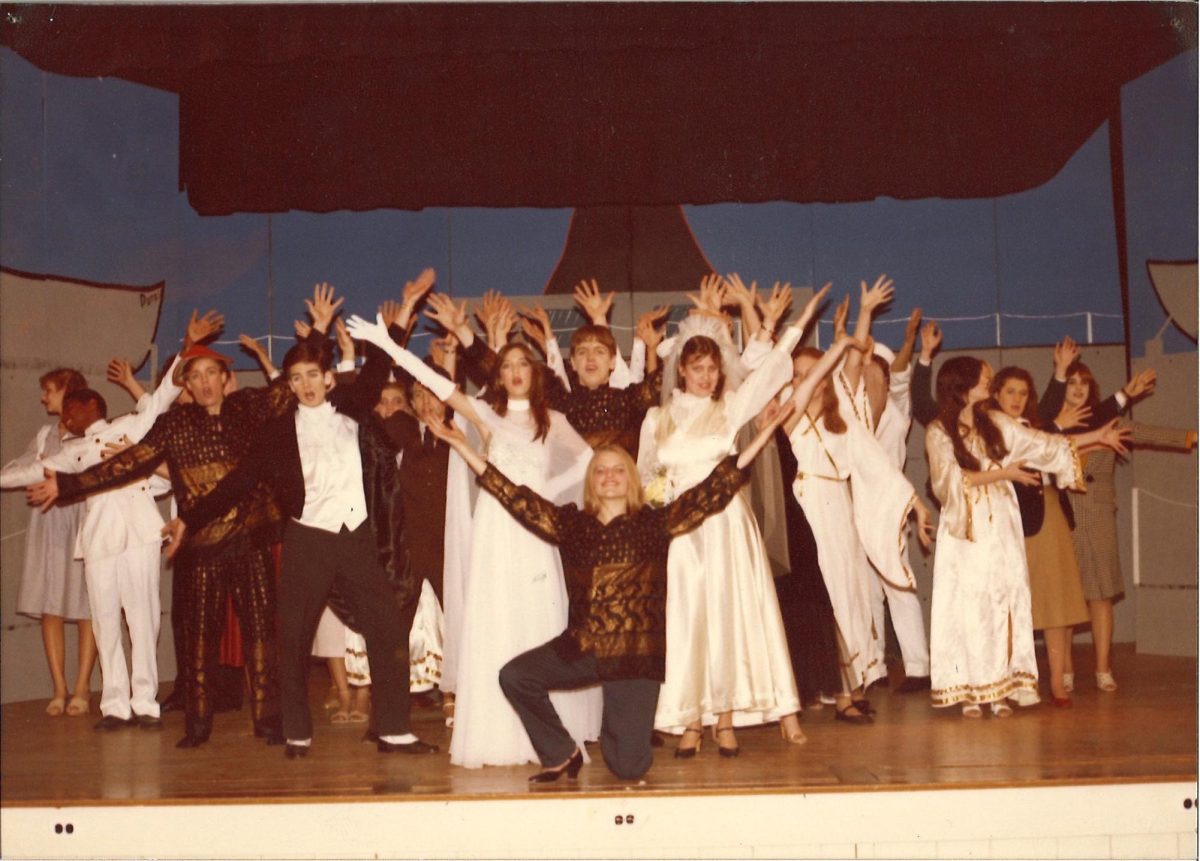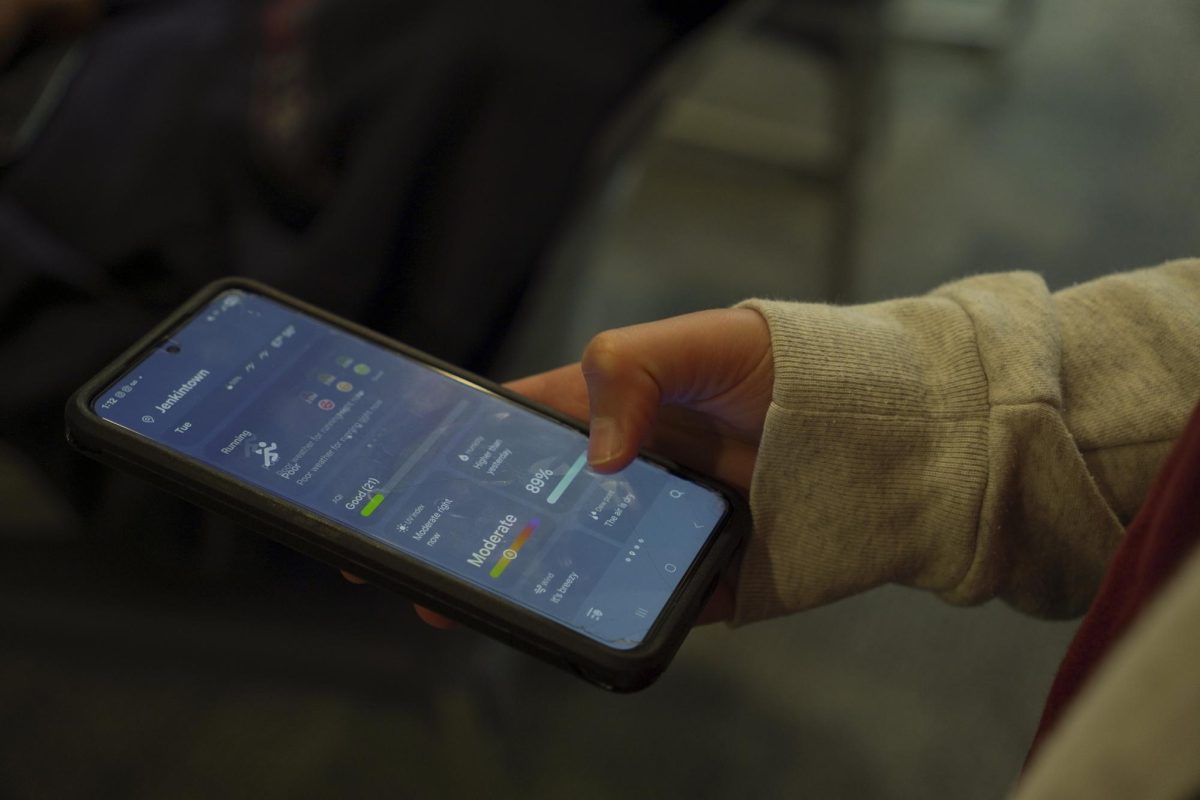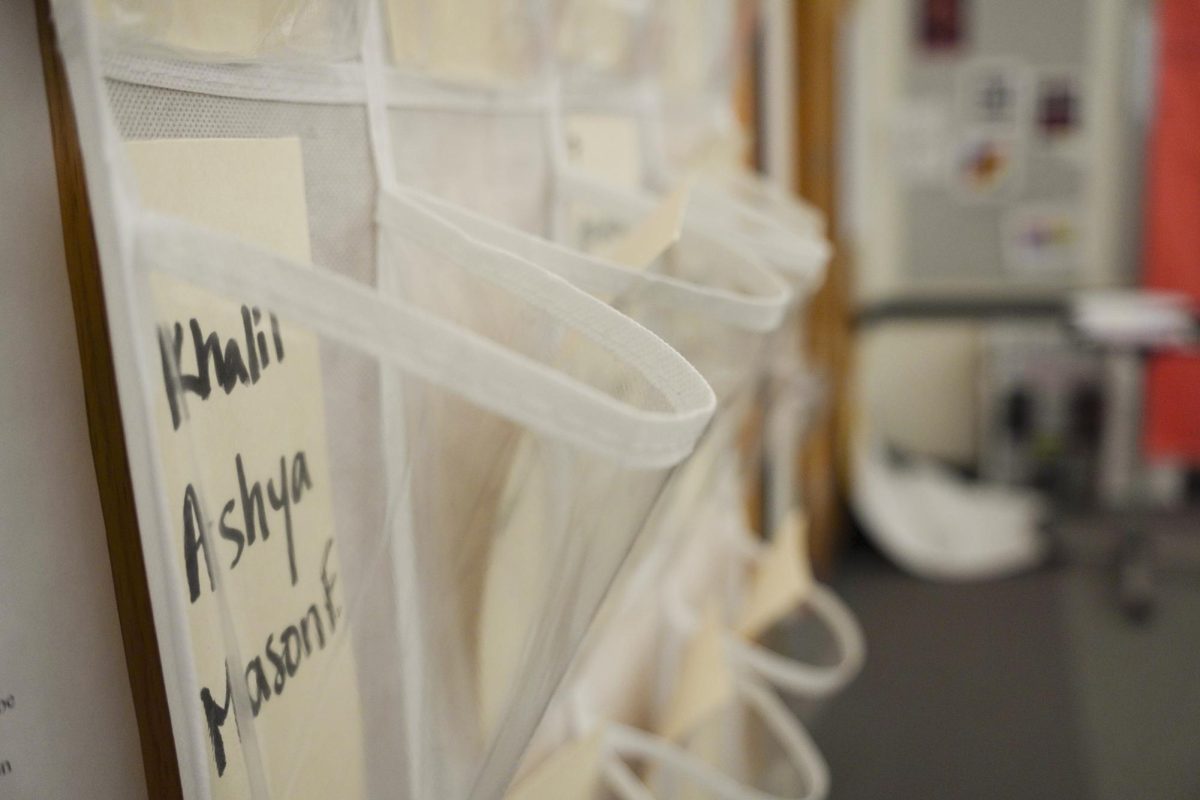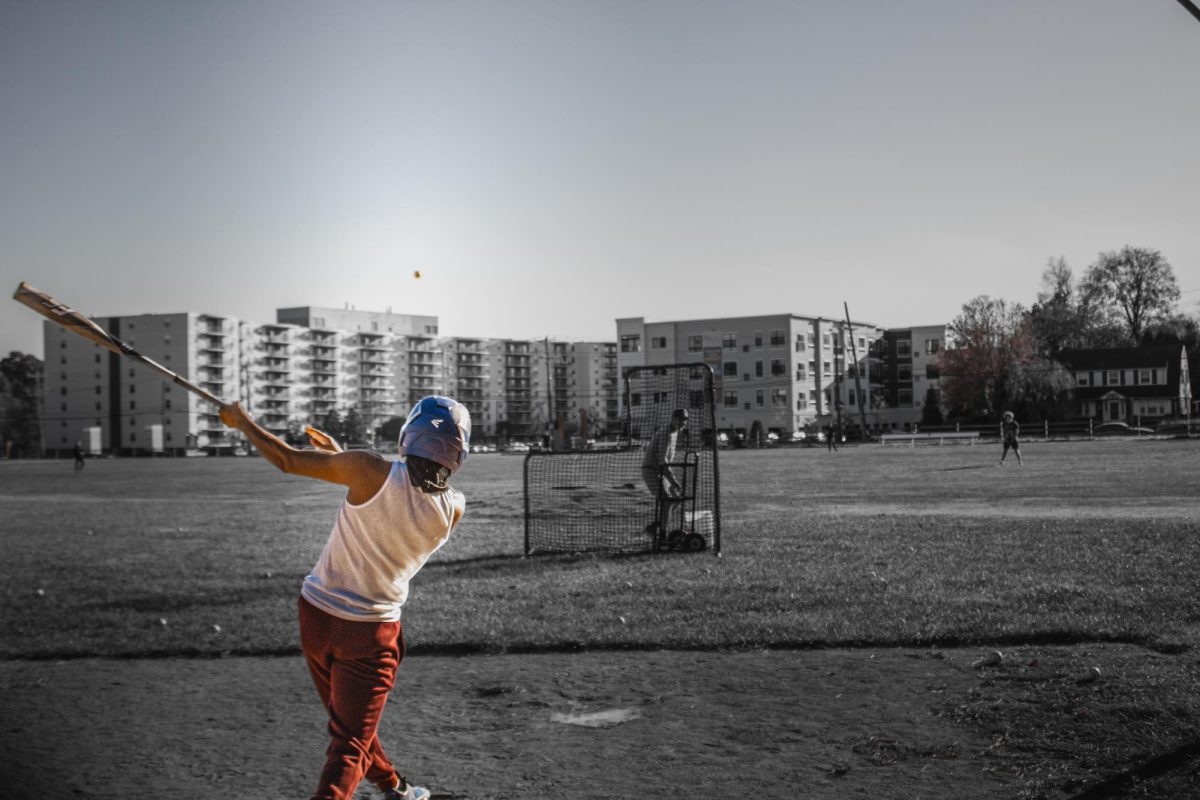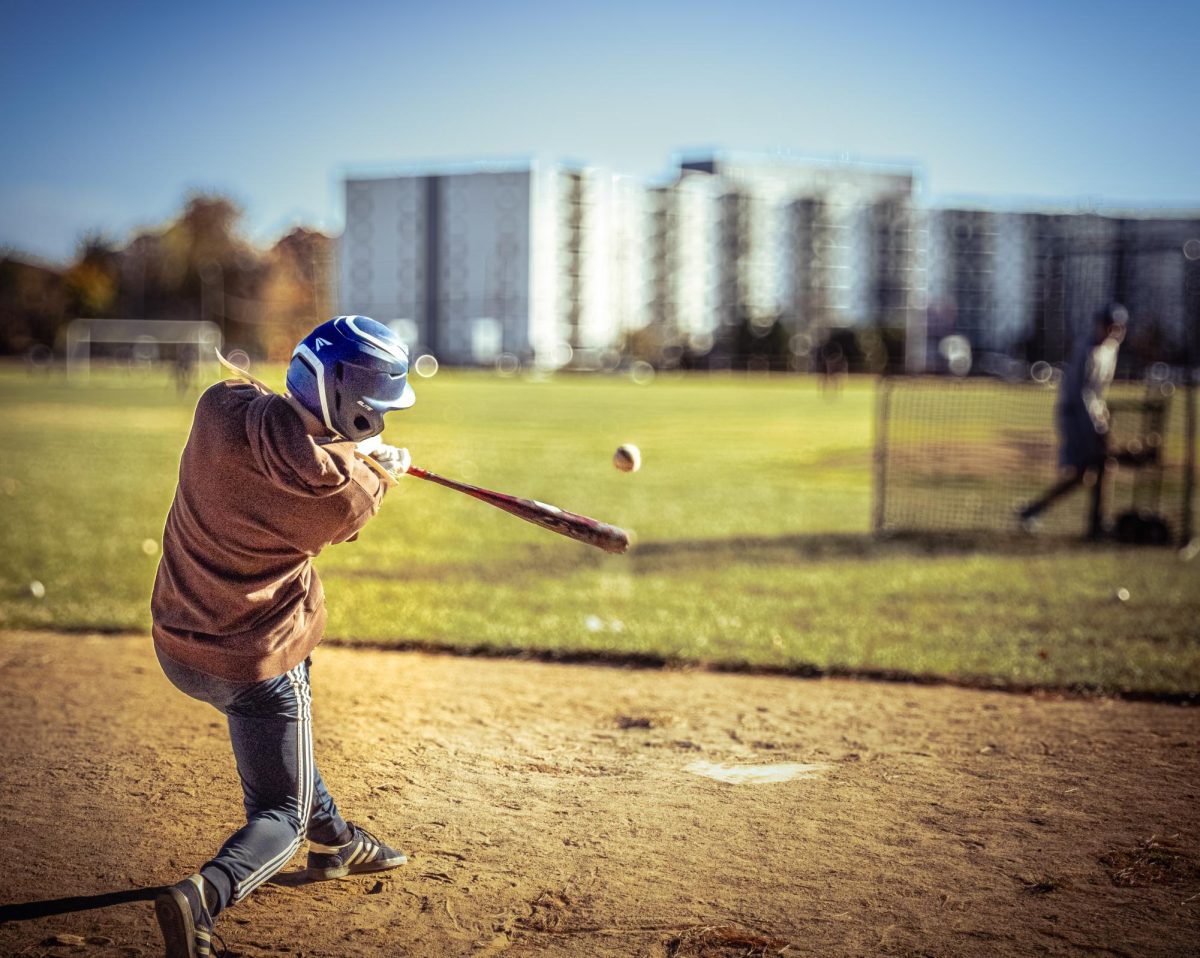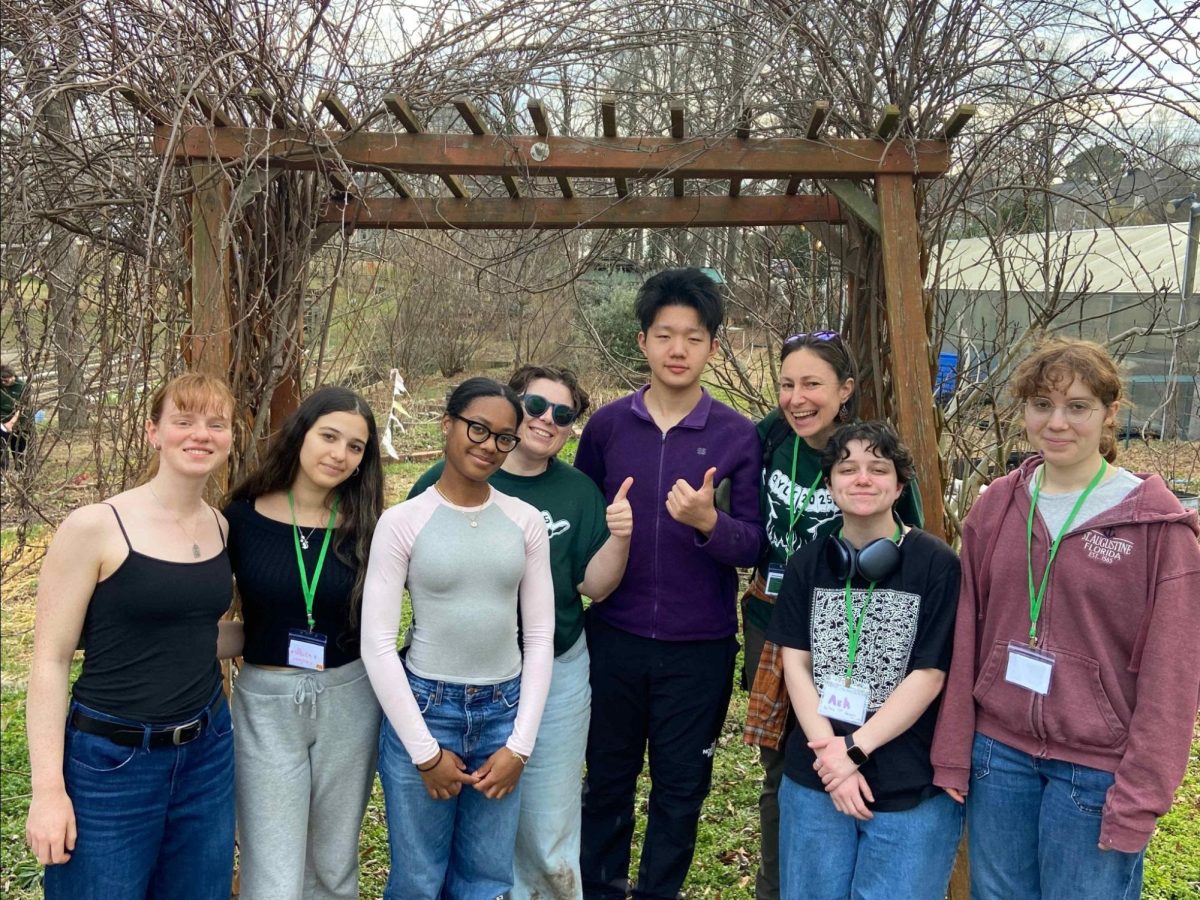The 2024 presidential election is about three weeks away, and so much information and news is being thrown into social media. However, with the growth of social media apps becoming big outlets for politics and election news, it is easy to get lost in what information is true and what information is false.
In an AP News article by Barbara Ortutay, she writes about a study Global Witness and NYU tested. In this test, the groups created ads that had misinformation relating to the voting process and published them on different social media apps to see which apps detected false information.
Ortutay writes, “TikTok, which is owned by Chinese company ByteDance, performed the worst, letting through 90% of the ads the group submitted. Facebook fared better, catching seven out of 20 false ads — in both English and Spanish.”
Major concerns have grown throughout the country about this misinformation and the impact AI has on spreading it. Miles Taylor, Chief Policy Officer with The Future US, said in a CBS News Article,” A lie gets halfway around the world before the truth can get its pants on. And that has been accelerated by the age of AI.”
AI is practically becoming embedded in social media due to how fast it can produce posts that look very real and sometimes truthful. In an NPR interview, Liz Landers, a national correspondent at Scripps News, about false information on social media regarding the upcoming election and how it has impacted it.
When asked about whether technology is getting too good for normal people to figure out, Landers said, “I think in a lot of ways, it is. And if you look at images that can be created now, you probably will not be able to tell if that is real or not. I think that’s why lawmakers here in Washington are trying to add guardrails around this and require labeling around AI-generated content because the average person can’t tell those kinds of things anymore.”
Many students in the AFS community feel huge concerns about the false news put into social media, particularly information regarding the upcoming presidential election.
Eli Belotserkovskiy ‘26 takes a safe approach when going on social media nowadays.
Belotserkovskiy said, “If I see a video of someone saying something nowadays, I don’t know if it’s true and that can be a very important thing to take into consideration.”
Unfortunately, AI is making many people question whether the content they are seeing is false or not. In the younger generation, it seems to be even easier for kids to get manipulated by AI and false information. The information young kids watch or listen to has a massive impact on their beliefs and how they feel about a certain topic.
With the 2024 presidential election being right around the corner both adults and kids must get truthful information so they can make smart decisions on candidates or politicians to support without lies affecting that.
Quincy Willis ‘26 feels misinformation in social media can lead to many problems with decision-making, especially with the upcoming election.
Willis said, “The misinformation could affect people by causing them to shut out other information in general. Because if you hear something and you believe that right away, you’re not going to open up your mind to something else or any other information.”
Although many students in the AFS community can not vote yet, there are a few seniors in the graduating class of 2025 who will be voting for the first time this November. James Soergel ‘25 happens to be one of the seniors who can vote. Although Soergel can vote, he feels there is an important lesson for those younger in the community to remember when seeing political and election content on social media.
Soergel said, “You have to get your news from multiple sources. Don’t just take one fact. Get a wide variety of perspectives.”



